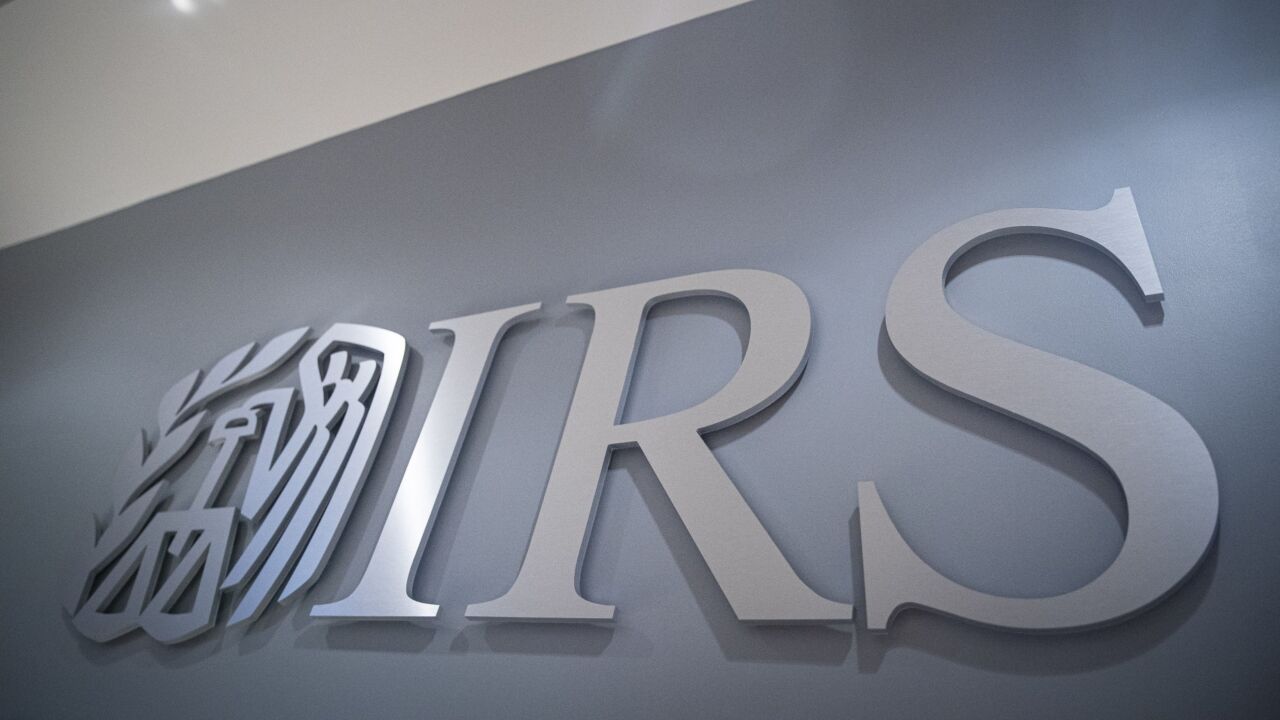
Although optimism among finance leaders has risen by 12 percentage points to 51% from 39% in the last quarter, they are still confronting new tax legislation, persistent tariff volatility and rising integration of artificial intelligence, according to a new survey. In part, the rise in confidence may be an effect of the passing of the new tax legislation, with the opportunity to model and plan based on concrete rules.
The results of Grant Thornton's Q3 2025 CFO Survey also revealed double-digit increases in confidence from the previous quarter across key areas: meeting supply chain needs rose 20 percentage points to 57%, cost control confidence increased 13 points to 50% and confidence achieving technology objectives climbed 14 points to 66%.
CFOs now need to make sure their businesses find the right answers to reap the full benefits from the One Big Beautiful Bill Act by balancing tax, tariff and AI impacts to make optimal business decisions, according to Mike Desmond, audit & assurance growth leader for Grant Thornton.
"You have to look at the hospitable environment in the U.S., from a tax positioning standpoint in conjunction with the tariff environment, technology and automation advancements," he said. "Companies should completely reconsider their global footprint, infrastructure and total cost of operations on a net basis and determine the optimal layout for those operations and delivery of their services."
Surprisingly, there is still a fair amount of confusion related to the OBBBA, despite the months of analysis of its various sections in journals, webinars, blogs and conferences. Just over half of finance leaders (54%) are confident their tax function understands how the OBBBA can benefit their business, while 42% say they might need to consult a third party for assistance.
David Sites, national managing partner of the Washington National Tax Office and international tax solutions for Grant Thornton Advisors, said that it's a good time to streamline operations and perhaps work with third-party providers to build the next-generation tax function.
"Take everything into account, including what's going on in the global trade space," Sites said. "You might reach different, more effective conclusions for your company."
Dana Lance, national tax solutions Leader for Grant Thornton, noted that the only way to predict the best path is to "do the math."
"The thing we keep telling our clients is to model, model, model and plan," he said. "Then you get into details, the details, the impacts of your strategic decisions can be interrelated, so you need to be detailed in your modeling to make sure you're making the right strategic method election for your specific scenario and fact pattern."
The survey found that 54% of finance leaders plan to reinvest OBBBA-created tax savings into advanced technology and digital transformation. That includes CFOs turning to AI implementation to drive business improvements amid the ongoing tax and tariff changes they are experiencing.
This growing interest in AI reflects more than a push for automation — it signals a broader shift to strategic transformation, according to Paul Melville, national managing partner of CFO advisory for Grant Thornton.
"CFOs want to sit down and talk about AI," Melville said. "They want to know how businesses are using it, how they're hiring and training people to take advantage of it, and what it will mean for their operations. It's a very big conversation."





